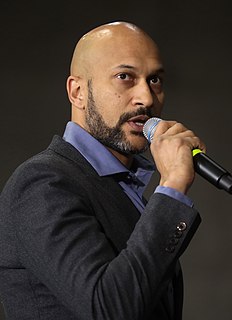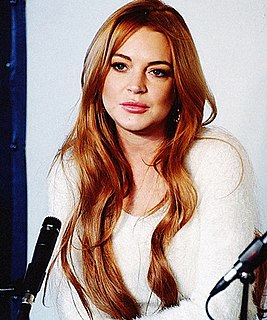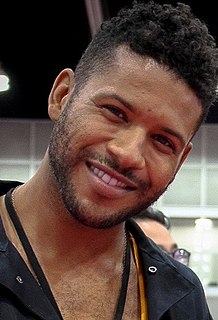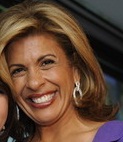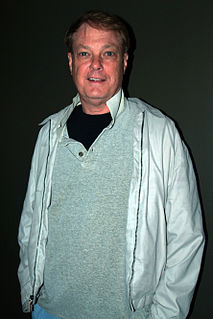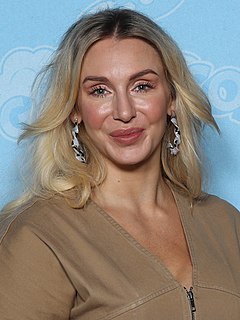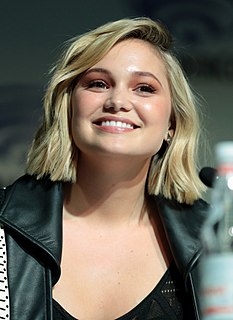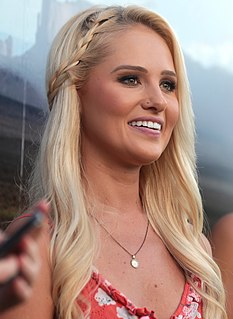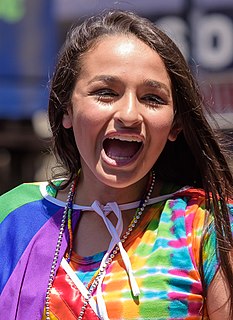A Quote by Mariah Carey
Being biracial is so much a part of who I am that it's almost, 'Let it go already.' It's intrinsic to me. I think a lot of my fans relate to me because they felt different.
Related Quotes
It's funny because being comedic and happy and lighthearted is who I am as a person, so they're easier emotions for me to connect with. The challenge is accessing pain, angst, depression. . . It's more exciting because it gives me somewhere to go and allows me to tap into a part of myself that everyone can relate to.
I think credibility is one of those things that, if you work hard and you get it by standing in the trenches and traveling the world, people realize you're multi-faceted. Part of me is a serious journalist and I loved all of the stuff I did. And then there's another part of me that likes to let go and I think a lot of women can relate to that.
I'm much better known in France and Germany and Spain than I am in the U.S. When I go to Russia, I get mobbed; I have groups of fans waiting for me out in the hotel lobby, waiting for me to come down off the elevator. In China, I almost got beat up because people were trying to get me to do a drawing for them.
The hard part for me was not the wrestling - it was showing emotion, telling a story, and being able to connect with fans. Coming out as Ric Flair's daughter and being called athletically gifted, it's hard to say, 'Hey, like me! You can relate to me!' It wasn't working, so I completely switched my character.
I think being biracial is a different experience. I think that, and coming from the U.K., I feel as much white as I do black. And so it's really important for me to address these issues of identity in my work. But also, you know, we're always stronger when we work on, you know, what we have in common. And I love exploring that in my work.
I basically use Facebook and Twitter and MySpace to communicate with the fans. I don't think it's necessarily about advancing my career, but I do want to be able to connect with my fans. They are so important to me, and a lot of them have stuck with me since the very beginning, and that means so much to me.

